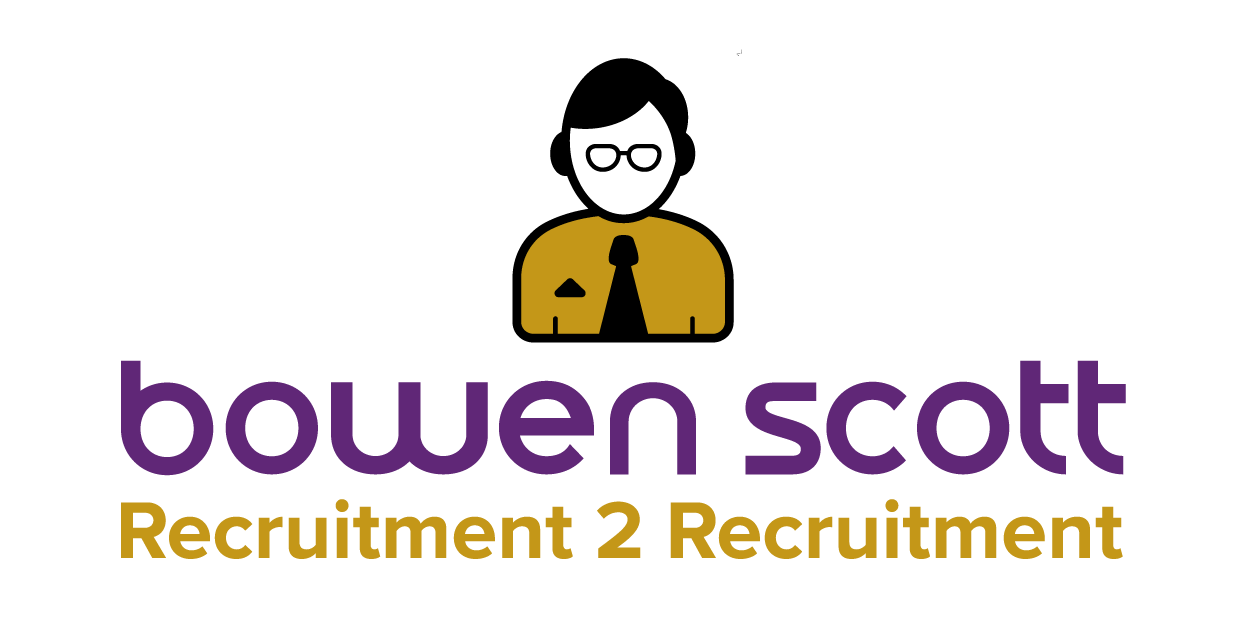Interview advice step by step
Interviews can be nerve-wracking but the key to doing well is to be prepared and appear knowledgeable about the company and the role. Follow our step-by-step guide to a successful interview and you will have the confidence you need to impress your next interviewer.
Before your interview
- Find out all you can about the company, its products or services and the role you’ve applied for.
- Research the industry in which the company operates, familiarise yourself with any challenges facing the industry and find out who the company’s competitors are.
- Based on the job specification, pre-empt questions the interviewer may ask you and prepare answers.
- Prepare some questions for the interviewer – this is important as it shows you’re genuinely interested in the role.
- If you’re unsure, check what kind of interview it will be.
- Check if you need to bring anything to the interview e.g. samples of previous work or identification.
On the day of your interview
- Ensure you’re dressed appropriately – it’s always better to look over-dressed than under-dressed so wear smart business attire.
- Make sure you’ve planned your route, double-checked the address and leave home in plenty of time.
- Try to arrive around ten minutes before the start time of your interview.
- If you’re likely to be later for any reason, make sure you phone ahead in plenty of time and let the company know.
During your interview
- Maintain eye contact with your interviewer(s).
- Maintain positive body language: avoid crossing your arms or having your hands under the desk.
- Be sincere and enthusiastic in your answers.
- Listen carefully to questions and don’t be afraid to ask for clarification if you need to.
- With negative questions (such as “What are your weaknesses?”) try to turn this around so it becomes a positive – don’t dwell on negatives.
- Make sure you have a copy of your CV in front of you so you are able to answer questions based on it without getting stuck.
- Avoid being negative about your current or previous employers or role.
- Think about your answers rather than saying the first thing that comes into your mind. It’s OK to pause before answering as this shows you are thinking seriously about the question.
After your interview
- Make sure you clearly understand the next stage of the process if there is another interview or exercise for you to complete.
- If this interview is the final or only stage of the process, ask when and how you will know whether or not you’ve been successful
- Ensure you thank the interviewer for their time and the opportunity to meet with them.

